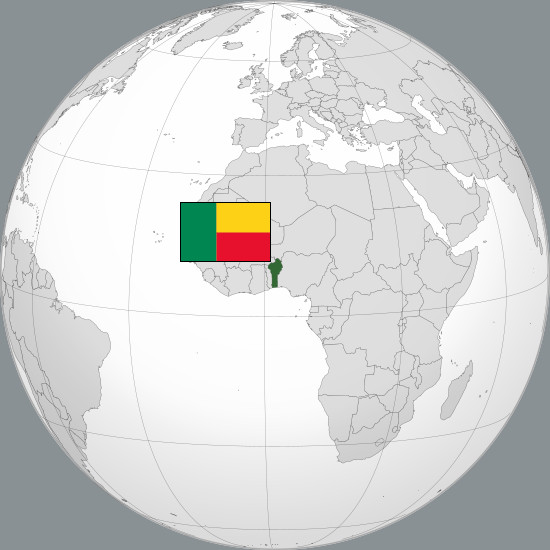
Benin: The Historical Journey of a Nation Under the Gaze of the Christian Mission
From the Founding of Kingdoms to the Democratic Resurgence: The Transcendent Role of the Christian Mission in the History of Benin
Benin, with its intricate history of kingdoms and transitions, is a fascinating testimony to African evolution through the centuries. Founded in the 16th century, the Kingdom of Allada was one of the three pillars run by the Fons, flanked by Abomey and Porto-Novo. Although these kingdoms experienced challenges and changes, they played a crucial role in shaping Benin’s identity and destiny.
Contact with the Christian mission left an indelible imprint on Benin’s history. In 1664, Breton Capuchins founded the first Christian mission in Judah (Ouidah), opening the door to a new phase in the country’s spiritual life. This meeting of faith and history also marked the construction of an English fort in Ouidah in 1650 and the subsequent development of Porto-Novo as a vital center for the slave trade.
The 19th century saw Benin involved in an intricate colonial ballet with the British, French and Portuguese. From 1863, with the first French protectorate, to colonization in 1894, Benin’s history has been shaped by conflicts, alliances and surrenders. The Christian mission, in particular, played a significant role during these crucial moments, providing refuge and guiding the population through political and social challenges.
The Republic of Benin was born in 1960, marking an independent chapter in the country’s history. However, the next period saw political instability and numerous coups until 1972, when Major Mathieu Kerekou took control. Benin became the People’s Republic of Benin in 1975, embarking on a period of Marxism-Leninism that lasted until 1989, when, under popular pressure, then-President Kerekou abandoned this ideology.
The year 1990 marked a significant turning point with the rebirth of the Republic of Benin, culminating in the 1991 elections with the victory of Nicéphore Soglo. This period of political transition was influenced by complex dynamics and demonstrated the resilience of the Beninese people. The Christian mission, through its presence and spiritual support, played a silent but powerful role in shaping the national consciousness.
Benin’s history is a fresco of changes, challenges and rebirths. The article explores the connection between the Christian mission and Benin’s history, revealing how faith has acted as a beacon in dark times and as a guide in the transition to an independent nation.
The residents of Spadoni Space are wont to repeat:
“Let us enter OPERAM! And let us flood everyone and everyone with works and say.
God’s Mercy is at Work
And we always respond!”
From today start using our motto. When you greet, when you rise, when you meet, when you do and share a Work.
Let’s build and cross the network of OPERAM together.
